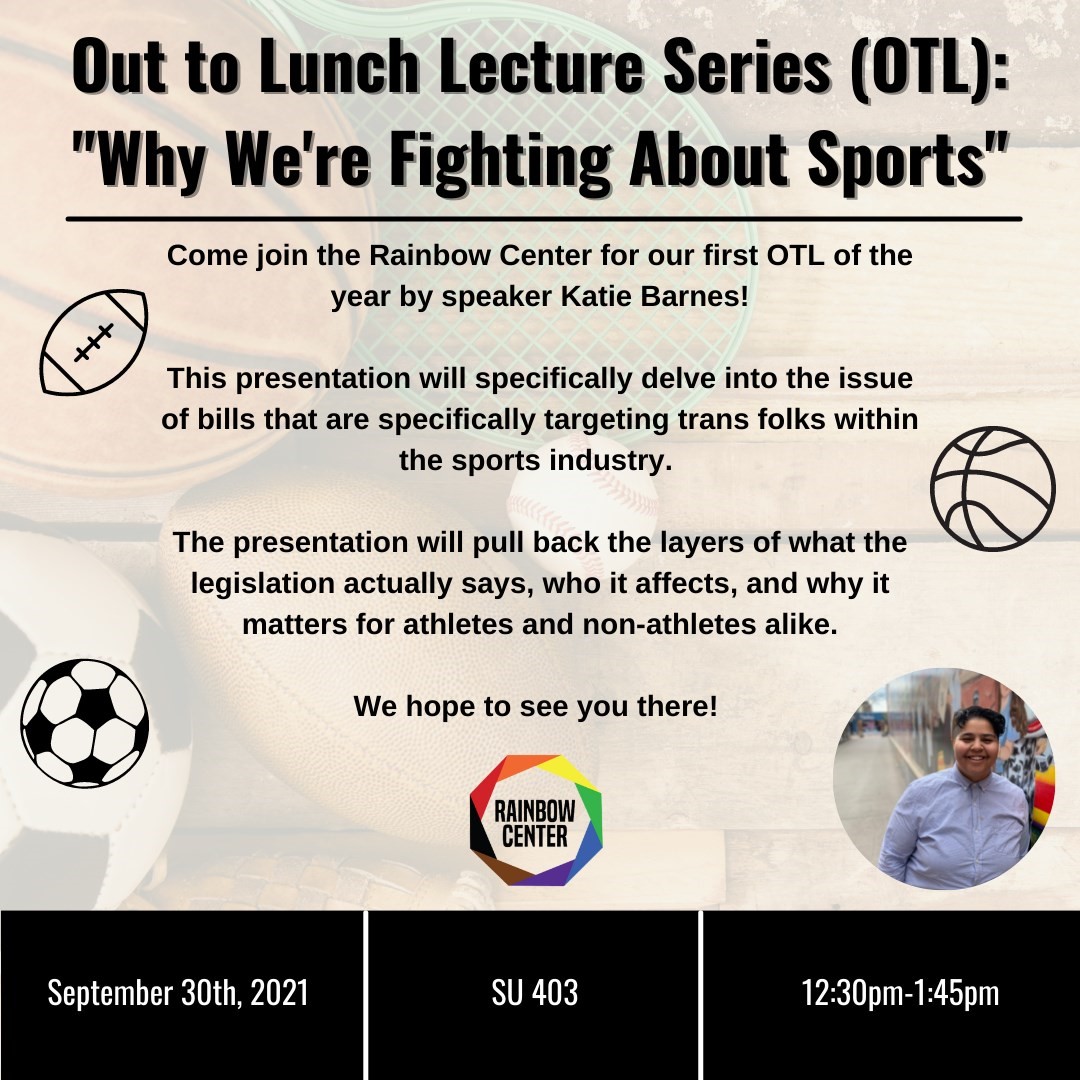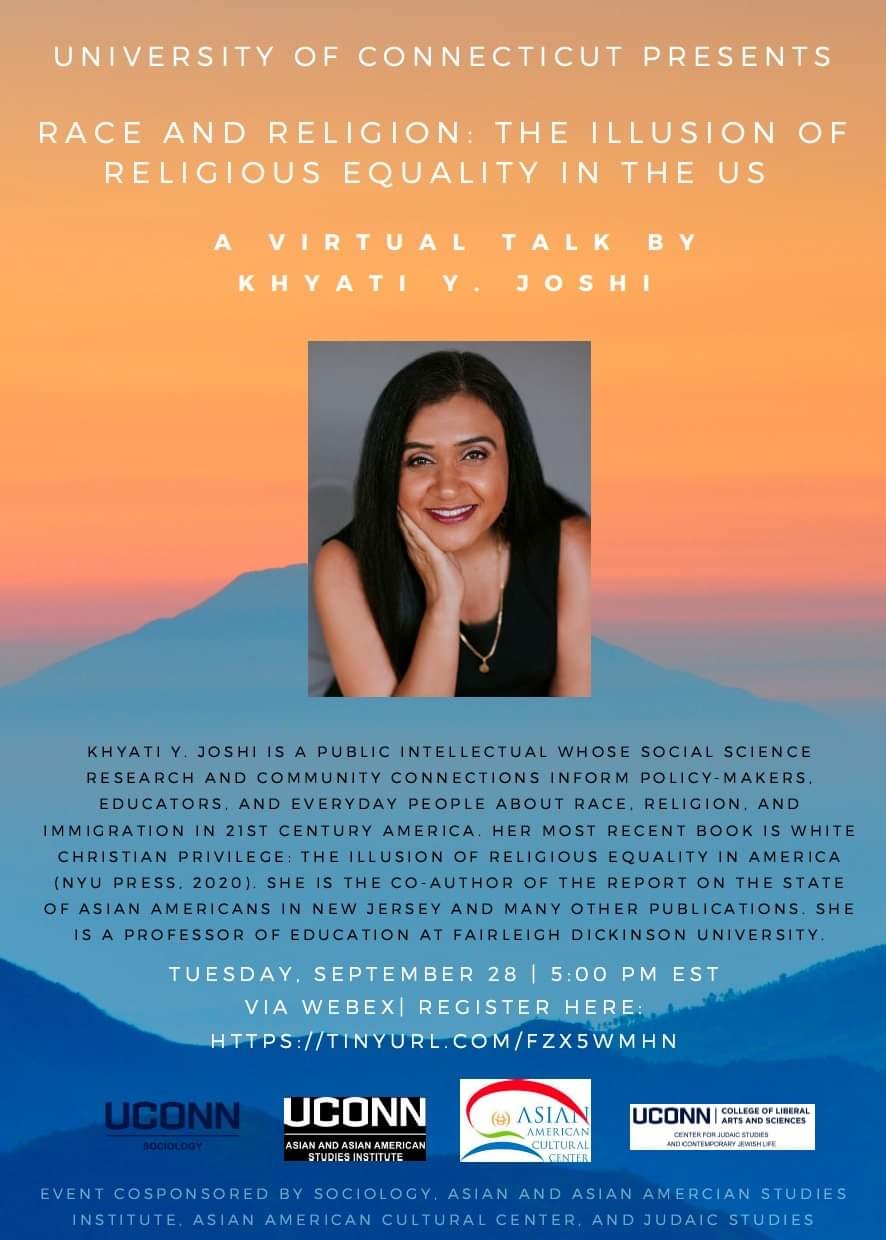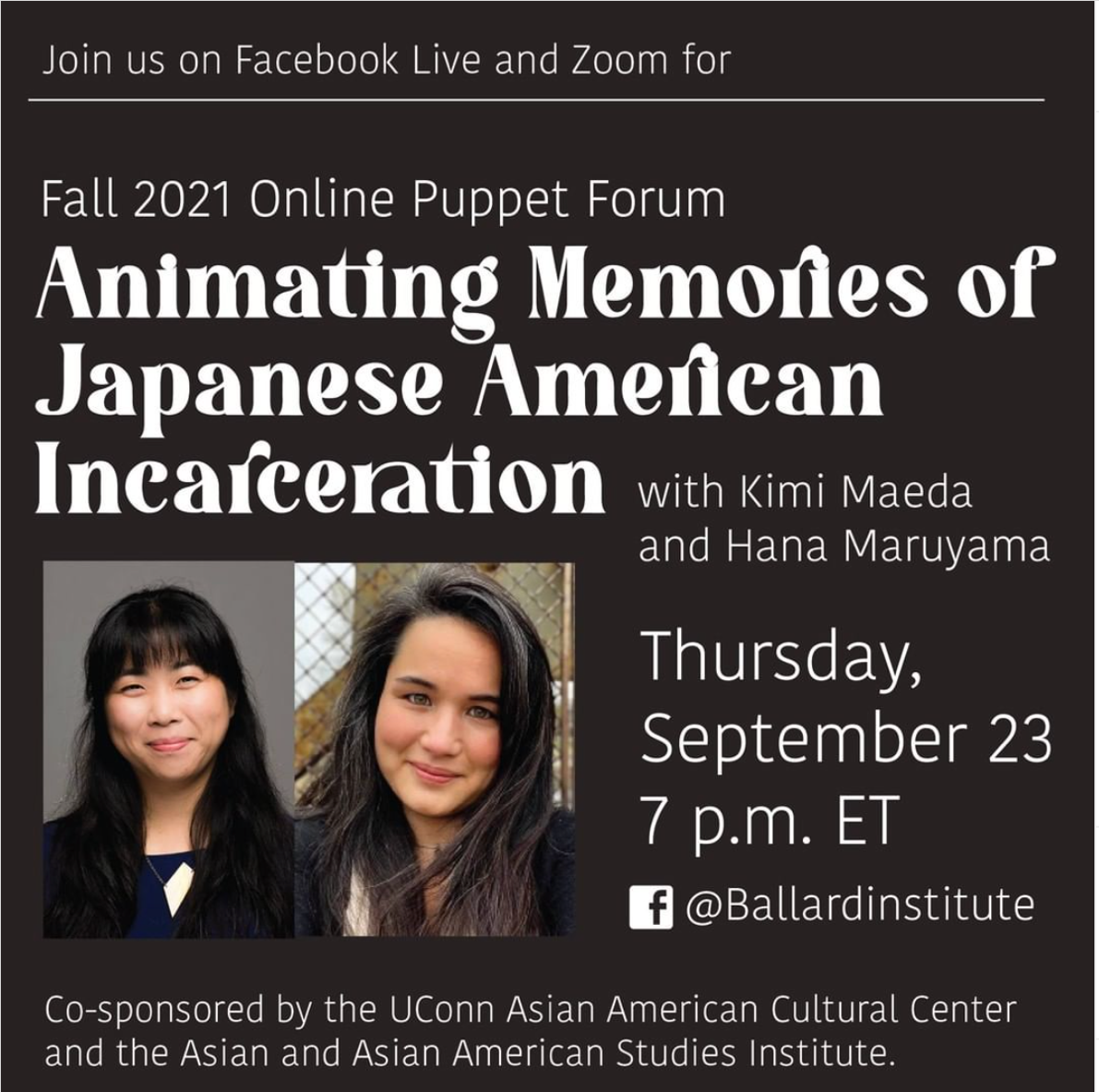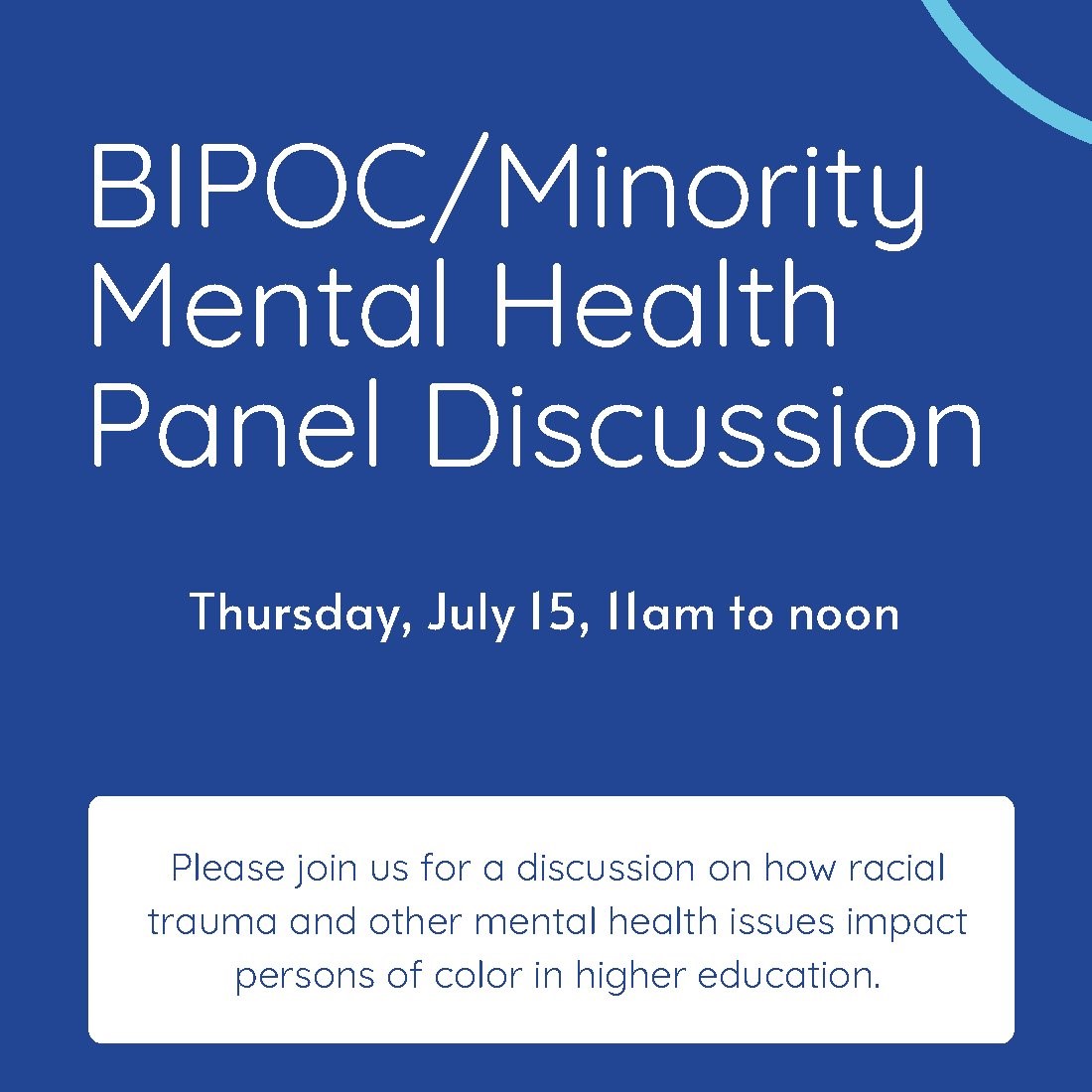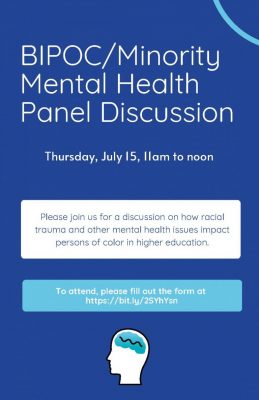Dear Huskies,
Every year, Dr. Tuitt and I take the time to share our bias data with you. This semester we do so while calling attention to the recent bias reports on the Storrs campus that targeted the LGBTQIA+ community. We take this matter seriously as an educational community and reject, denounce, and condemn these acts that harm the identity of others.
Bias reports, our process, and university response are available here. The summary of reports is updated every 3 weeks.
Members of LGBTQIA+ community contribute to the rich diversity that makes the University of Connecticut stronger as an institution. The views and behaviors expressed by the perpetrators of these hurtful acts do not reflect who we are or aspire to be as an institution.
Who we are:
We are a community built on unique opinions and identities. That diversity of expression enables UConn, as a research university, to commit to the creation of knowledge as well as the personal and intellectual development of our students. That process of discovery and development is one in which we must all engage with humility and curiosity.
It is with that spirit that we share with you what we have learned from the past year on issues relating to bias that have occurred and impacted our community at UConn. Most importantly, at the end of this message is a call to help us educate ourselves and others.
What we know:
During the 2020-2021 academic year, 91 bias referrals were submitted and reviewed under the Bias Response Protocol. Of the reported cases during the 2020-2021 year, 79 had some connection to speech, either in the spoken word, email/internet messages, social media and or classroom comments. The referrals are related to words and how we express our feelings. We need to find ways to allow our voices and perspectives to be expressed while not targeting others and their identity.
What we do:
While free expression is important in having productive dialogue, the University acts when targeted acts of racism or bigotry occur. In January of 2015, the University developed its Bias Response Protocol to support students who experience an incident that either is or appears to be bias-related. Each referral is shared with the UConn Police Department and the Office of Community Standards to review for possible criminal and/or violations of The Student Code.
What this means:
Expression of ideas is an essential component of a research university: we cannot discover and innovate without the opportunity to express, understand, and debate a variety of opinions. UConn must be a place where we can express ourselves, cherish the diversity of identities that form our community, and welcome the opportunity to continually learn from one another. To facilitate such an environment, we need to feel empowered, valued, and equipped to engage in healthy and effective dialogue on issues such as antisemitism, gender equity, and systemic racism. Opportunities for growth and learning are readily available for all who want to participate.
The UConn events calendar and UKindness page are full of engagement opportunities; there are diversity initiatives housed in individual centers/institutes, schools and colleges, exhibits at the Benton Museum, resources from the Office for Diversity and Inclusion, and the Dodd Human Rights Impact programs. These are just a sample of how the community can join together to expand our individual knowledge base and open lines for discussion.
Our students, too, play a key role in mobilizing where issues of systemic racism and inequity need to be resolved. Collective action, such as the Rally for a Peaceful Planet on Wednesday, October 6 reflect the impact of our combined voices (nice job, USG, Praxis, UCCO, Fridays for Future, Powerup, and the Human Rights Symposium).
Is this enough?
Our conversations with UConn students show that we care deeply for one another but we must also face the impact of hateful, harmful, words and actions in our own community.
The chart below summarizes the types of bias at UConn reported during the past academic year.
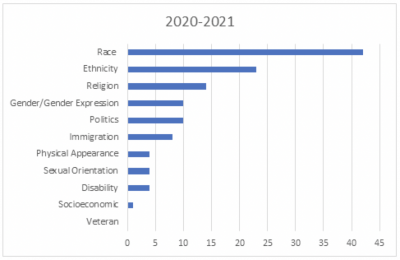
Please note that the previous chart reflects all forms of bias reported to the University. This chart reflects incidents that may be reported twice because two or more actions occurred.
A call to action:
We must always amplify the care we have for each other with the impact of bias upon our community. To do so, UConn will be forming a Bias Action Group composed of students and staff who are committed to understanding, responding, and educating our collective community on issues of bias. This group will meet every semester to review our bias data, identify trends and concerns, and create programming and messaging that address the real issues presented in our own community.
If you are interested in joining this group, please email your name, contact information, and a brief explanation of your involvement and interest in participating on the Bias Action Group to dos@uconn.edu. Please write “Bias Action Group” in the subject line. Applications should be received no later than October 28, 2021 at 5 pm.
UConn is committed to being one of the world’s leading institutions by encouraging the expression of ideas within a highly diverse community of scholars and students. We welcome the voices of our students in this important work, and we look forward to another successful academic year.
Best,
Eleanor JB Daugherty
Associate Vice President and Dean of Students
Frank Tuitt
Vice President and Chief Diversity Officer
